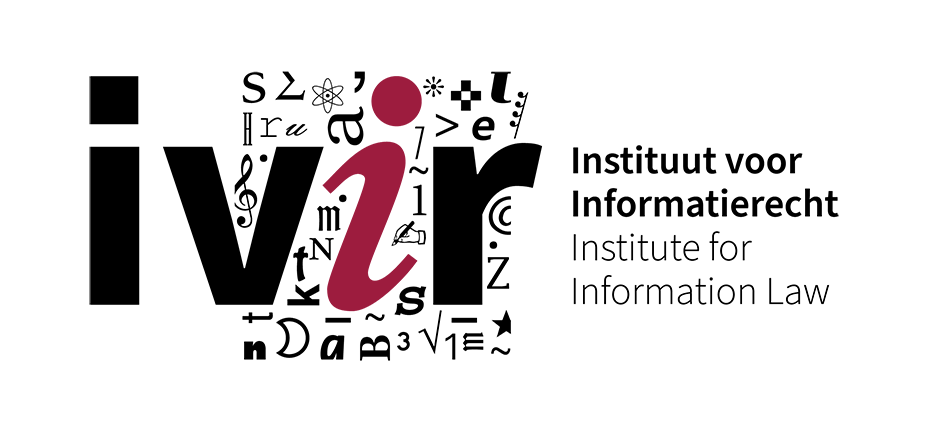A new Publishers’ Intellectual Property (PIP)?
Note: For the 24 April 2018 Academics letter against the press publishers’ right, see Academics Against Press Publishers’ Right: 169 European Academics Warn Against It
This project takes a critical look at the proposed introduction of a new intellectual property right for publishers of ‘press publications’.
That the EC’s plan for reform of the copyright acquis would include measures for the benefit of press publishers already became clear during the public consultation on the role of publishers in the copyright value chain and on the ‘panorama exception’, held from 23 March until 15 June 2016. It was still unclear though what regulatory intervention the EC had in mind.
During the consultation IViR hosted a conference on Copyright, related rights and the news in the EU: Assessing potential new laws, as part of a research project ran by the Centre for Intellectual Property and Information Law (CIPIL) at the University of Cambridge (PI professor Lionel Bently, researcher Dr. Richard Danbury)) and University of Cardiff (PI professor Ian Hargreaves). See below for the programme and video streams of the sessions.
In September 2016 the EC made public its proposal for a Directive of the European Parliament and of the Council on copyright in the Digital Single Market (COM/2016/0593). See also the EC Communication – Promoting a fair, efficient and competitive European copyright-based economy in the Digital Single Market. The European Parliament and Council deliberate on it in 2017.
The proposal would introduce a 20 year intellectual property right in periodical publications. Publishers would have the exclusive right to authorize any reproduction (i.e. copying in any shape or form, permanent or temporary) or making available of the content of press publications, or any part of it down to the smallest quote. The right would be limited to digital uses, and be subject to the same exceptions and limitations that apply to copyright works. PIP comes on top of existing copyright, related rights and database rights that also protect the content of newspapers, magazines, blogs, journals and other periodicals.
For Open Forum Europe, Mireille van Eechoud wrote the study A publisher’s intellectual property right: implications for freedom of expression, authors and open content policies. This was presented at the hearing on copyright reform hosted by Therese Comodini Cachia (EPP), European Parliament Rapporteur for the Copyright directive. You can find the executive summary of the report here.
Videos from the hearing:
- Panel 1: Publisher’s rights
- Panel 2: Value gap
- Short video of the event
In October 2016, the UK’s Intellectual Property Office (IPO) requested responses to draft legislation published by the European Commission with the aim of modernising the European copyright framework. Professor Lionel Bently led a group of 37 academics from a variety of UK institutions, who signed a response to the IPO’s request. The letter contains criticism of the part of the proposed package entitled ‘Protection of press publications concerning digital uses’.
Presentations:
- Panelist VvA studiemiddag: Het uitgeversrecht revisited. Amsterdam, 2 February 2018.
- De waarde van het nieuws, Stef van Gompel, presentatie IE Symposium Zeist, 15 March 2017.
- pPIP – Publishers’ Intellectual Property? Mireille van Eechoud, VMC Studiemiddag Nieuws: vrij en/of beschermd, Amsterdam, 25 November 2016.
- Presentation at session Copyright reform EU, Mireille van Eechoud, First Annual CLI Conference Law and Society in the Digital Era, Amsterdam 17 November 2016.
- Presentation at Roundtable Reality Check: The Real Relationship Between Technology & Culture, Mireille van Eechoud, EDIMA, Brussels, 11 October 2016.
- Video of Ancillary Copyright and Internet Freedom Event, Stef van Gompel, 28 September 2016.
- A publisher’s “neighbouring right” to what/for?, Mireille van Eechoud, Expert meeting Future of copyright – What added value from a new neighbouring right for the publishing industry?, Brussels, European Policy Centre (EPC), 16 June 2016.





